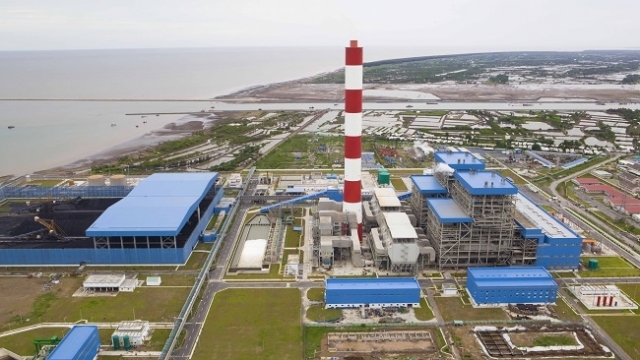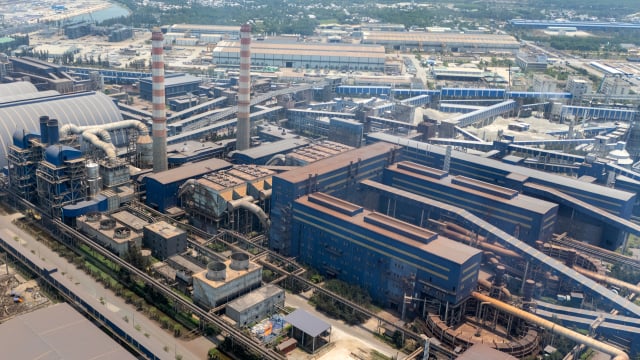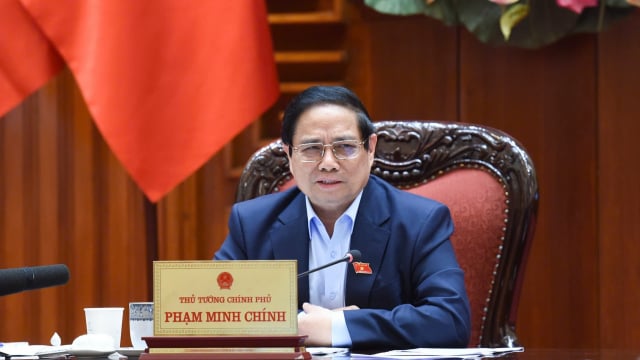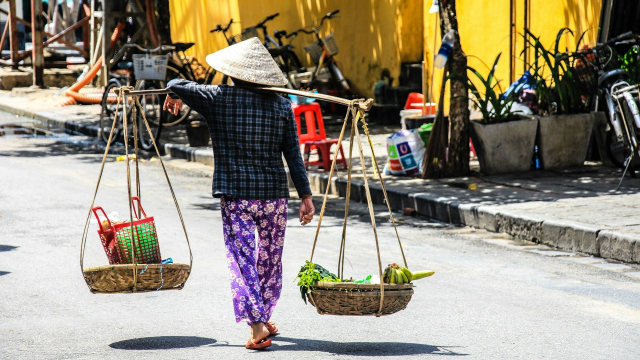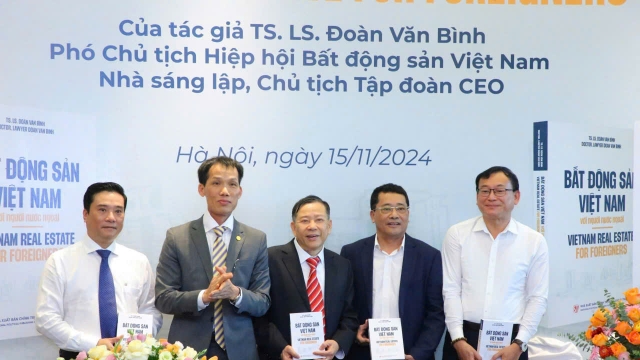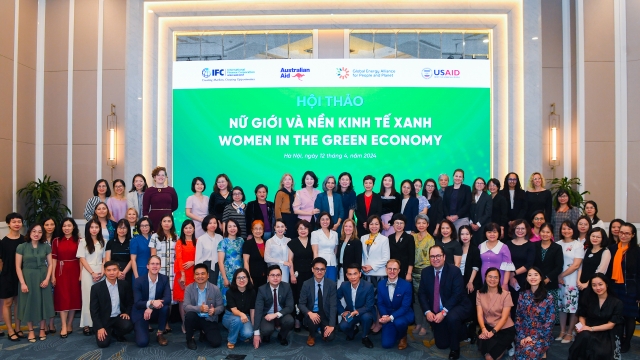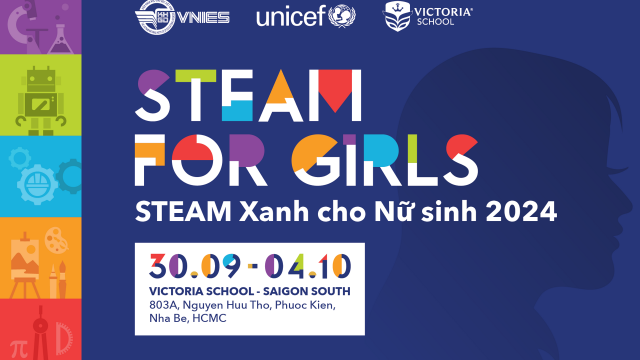National Focus
Bringing circular economy knowledge into education
Education is an effective method to change people's awareness of environment, leading to more resources to applying circular economy model.
Seen as an advanced model, the circular economy now is developed around the world, aiming at solving the inverse relationship between economic development and environmental protection.
It is an industrial system that is restorative or regenerative by intention and design, which involves sharing, leasing, reusing, repairing, refurbishing and recycling existing materials and products as long as possible.
In this way, the life cycle of products is extended through effectively treated waste, and then creating job opportunities and benefits for whole economy.
However, it is difficult to set up and operate the system, especially for a country having low scientific, technological level and economic development, which is struggling with a waste crisis.
The research of Nguyen The Chinh, former director of Institute of strategy, policy on natural resources and environment, shows that developing circular economy requires high level of science and technology, growing consumers' awareness, good policies as well as effective cooperation among related parties.
The lack of technological, human resources and consumers' awareness of environment is the leading challenge for developing circular economy model. It poses difficulties for organizations and companies around the world in general and for members of the Packaging Recycling Organization Vietnam (PRO Vietnam) in particular.
Eliana Vasileiou, an environmental expert at EKO, Greece, explained that innovation and technology are not enough to drive the systemic changes to create transformation in the economic model.
She insisted that the changes should be made from small to large scale, from individuals to groups, from children to adults. One of the most effective method is education.
Raising awareness about circular economy
In Vietnam, environmental problems now are appeared in some subjects and extracurricular activities.
However, Eliana Vasileiou said it was not enough and recommended that study program should have more content about circular economy, for example, reuse of old product or practice in sorting waste.
When the children are taught about these lessons, it is easier to develop good habits. The result is that consumers' attitude problem, which play crucial role in collecting and recycling, will be solved.
The book "Learning about 3R" published by the Japanese Ministry of Environment recently was translated and released under the sponsorship of PRO Vietnam with two versions. The version for children was introduced and taught in some primary schools in Hanoi.
The book has simple and lively design that suggests several ways children can reduce, reuse and recycle. For example, they can learn how to reuse plastic bottles to store water, share old clothes with friends and siblings or distinguish symbols for classifying waste.
They also learn about the basic concepts of circular economy in the easiest way.
The book "Saving the Earth in 365 days" of journalist Hoang Anh Tu has the same approach, in which there are some simple tips for parents and children to do together, leading to eco-friendly lifestyle.
However, the above activities are only from individuals and private entities. It is necessary to take more systematic actions from the education sector, the natural resources and environment sector and related parties to really create a spillover effect.
Attracting investment in recycling and circular economy
Resolution 68: A turning point in Vietnam's private sector policy
As Vietnam sets its sights on becoming a high-income country by 2045, Resolution 68 lays a crucial foundation. But turning vision into reality requires not only good policy - but also unwavering execution, mutual trust and national unity.
Vietnam plans upgrade of Gia Binh airport to dual-use international hub
Vietnam plans to upgrade Gia Binh Airport in Bac Ninh province into a dual-use international airport to support both military and civilian operations, the government said on Friday.
Lives under the scorching sun: Outdoor workers racing against climate change
Under unforgiving conditions, the outdoor workers - the backbone of urban economies - endure the harshest impacts of climate change while remaining overlooked by social safety nets. Their resilience and struggles highlight the urgent need for better protection in the face of rising temperatures and precarious livelihoods.
CEO Group chairman unveils guide to Vietnam real estate for foreigners
Doan Van Binh, Chairman of CEO Group and Vice President of the Vietnam National Real Estate Association, introduced his latest book, “Vietnam Real Estate for Foreigners,” at a launch event in Hanoi on Friday.
Women leading the charge in Vietnam's green transition
Acting for increased women’s participation and leadership in climate action, Vietnam can accelerate a transition that is more inclusive, just, and impactful.
Steam for girls: A journey of passionate and creative girls
The "Steam for girls 2024" competition provides a creative platform for Steam and an opportunity for students to connect with peers from various regions within Vietnam and internationally.















